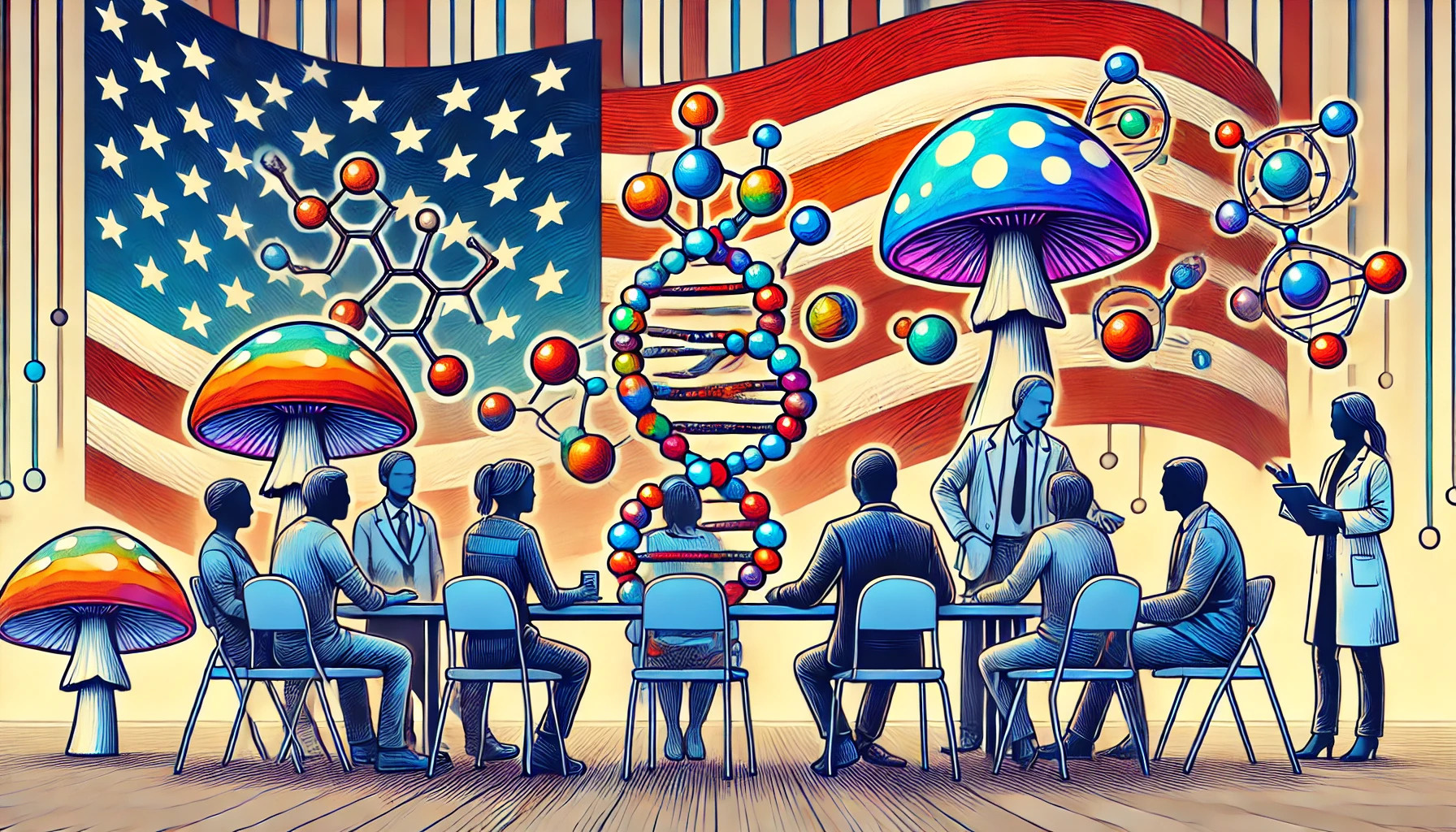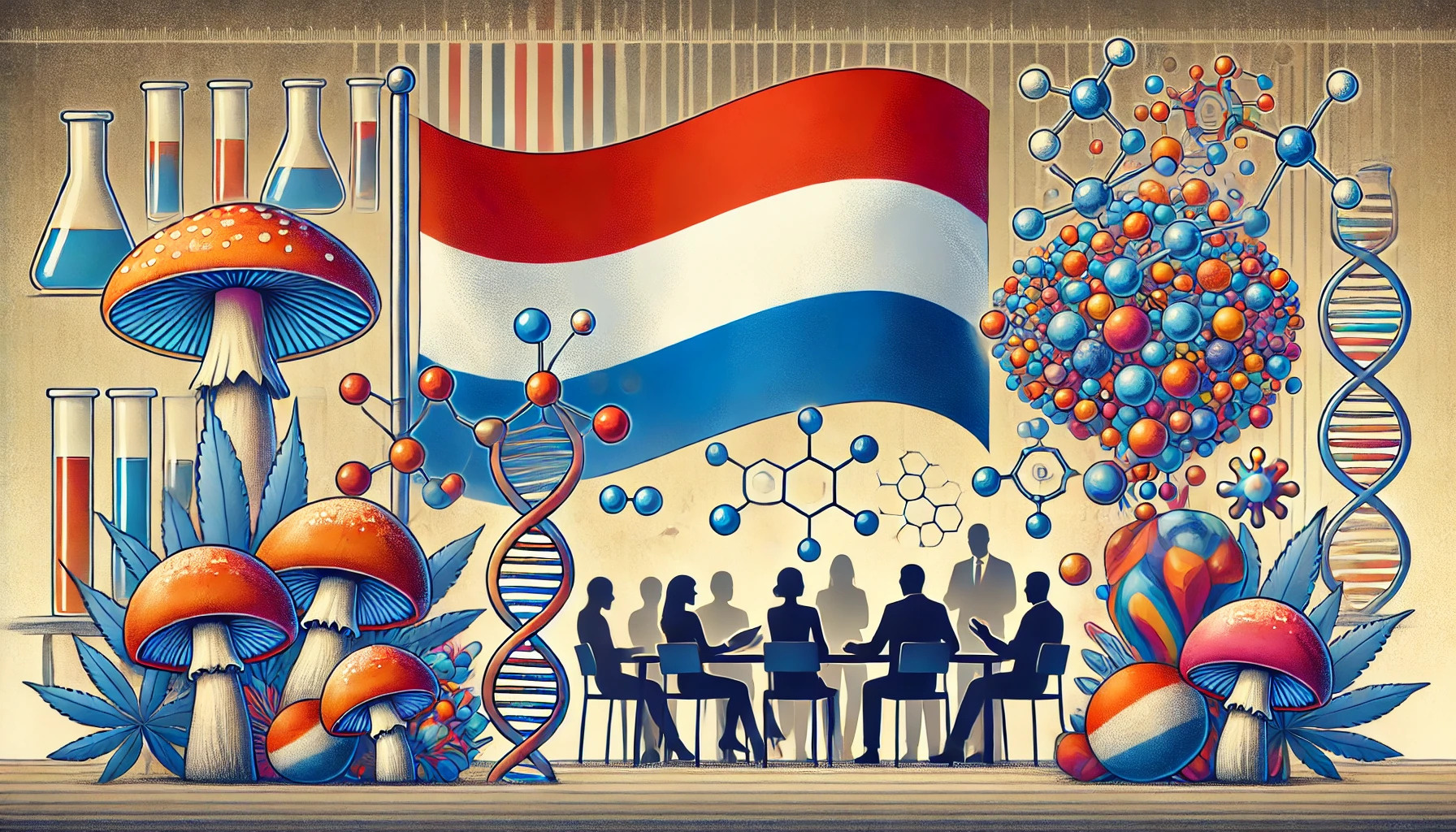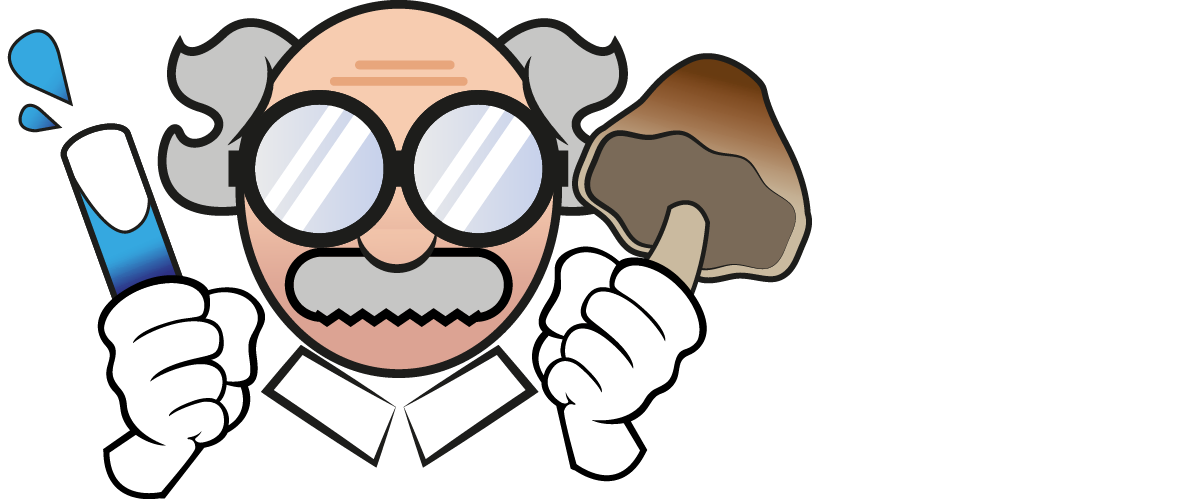US Congress asks public for advice on psychedelic use
In America, drug use is also becoming more and more accepted, and now there are even people in Congress who are asking the public for advice on psychedelics as therapy. It is now clear that certain mind-altering substances can be useful in the treatment of mental disorders. Two congressmen are trying to take the first steps to legally use psilocybin and MDMA.
The first step towards change
The American Congress is not known for its open-mindedness, but fortunately that is starting to change. Two members of Congress are looking for answers about psychedelics. They want to gather information on how to use mind-altering substances safely. And they are not doing this because they want to trip themselves. They want to try to create a regulated therapeutic model for the use of MDMA and psilocybin (the mind-altering substance in magic mushrooms and truffles).
These two people are Jack Bergman, a Republican and former 3-star general, and Lou Correa, a Democrat who previously served in the California Senate. They have filed a "Request for information" through the Congressional Psychedelics Advancing Therapies caucus, which they themselves founded. This caucus is a meeting of members of a political party (or a part of it) to coordinate new policy. In this case, they want to talk about accelerating and supporting clinical research into the use of new substances in therapy.
Congress seeks advice from the public on psychedelics
This collaboration could provide valuable insights that can help ensure that psychedelics can be used safely, ethically, and responsibly. In an open letter to the congress, Bergman and Correa indicate that they hope to gain a clearer picture of how different modalities can incorporate the use of these substances.
The congress is open to the opinions and knowledge of the public, people receiving therapy involving psychedelics, mental health professionals, and other stakeholders. This will ultimately help build the evidence base that will hopefully allow psychedelics to be used responsibly and safely in supervised therapeutic settings.
However, it is critical to consider how Congress can best support states in developing and adopting the right infrastructure and services to ensure monitoring and safety, Bergman and Correa said.
The letter from the two congressmen was issued in September 2024. It marks a new phase in the campaign, lobbying for federal reforms to psychedelic policy. This was right after the FDA (Food and Drug Administration) refused to approve MDMA-assisted therapy for PTSD in August of last year.
Staying Hopeful
The two congressmen remain hopeful, despite the FDA decision, which unfortunately has disrupted the momentum around encouraging mainstream therapy using psychedelics. Correa and Bergman hope that the US Veterans Affairs Department will make psychedelic-assisted therapy available in its hospitals and clinics. And that hope is not unfounded. The House of Representatives recently approved amendments to a bill that would allow doctors in the Veterans Affairs Department to recommend medical cannabis. There are signs that attitudes toward these drugs are changing.
The letter from the two congressmen could be responded to until November 5, 2024. Information about what will happen next with Correa and Bergman’s plans was not easy to find. But in the end, the proposal did set things in motion. It was tucked away deep in the massive $886 billion National Defense Authorization Act, signed by President Biden last December. It includes a provision that directs the Pentagon to investigate the effects of psychedelic therapy on veterans suffering from traumatic brain injury, depression, PTSD, sleeplessness and other mental war wounds.
The idea that such therapy could be useful was always widely ridiculed on Capitol Hill. Now it is getting more support than ever, and from both parties. Proponents say that this new attitude towards psychedelics will save lives. There is clearly a change in mood. In America, members of Congress asked the public for their opinion on psychedelics. But what is the mood in the Netherlands?
What does the Netherlands think about therapy with psychedelics?
Although we have always been a forerunner in the field of drug use and openness about it, it seems that we are now losing our lead. The Trimbos Institute, for example, admits that research data shows that psychedelics such as psilocybin, MDMA and ketamine may give good results in the treatment of mental disorders. They do indicate that these are small-scale studies. They also believe that this only concerns serious conditions for which other therapies do not work. According to them, more research is needed in order for the government to make sensible policy choices in this area.
It is pointed out that too little is known about the risks of using these drugs in the long term, as well as about the side effects. There is also not enough known about which group of people these treatments are actually best suited for and how long the therapeutic effects last. It must also be taken into account that the use of psychedelics can entail risks for people with psychological complaints.
These are of course also useful comments. But at the moment hardly anything is being done in the field of psychedelics in therapy and it is not permitted to use these drugs in therapy. And that can and should actually be different. Many doctors and researchers agree on this.
A plea for research into psychedelics
In August 2022, the UMCG issued a plea on behalf of the Working Group on Therapeutic Applications of Psychedelics, including a plan of action to get research off the ground to make psychedelic treatment possible. It states: "The Netherlands can play an important role in the field of high-quality, multidisciplinary clinical research into psychedelics and thus strengthen its international position in the field of innovation in mental health care."
They believe that good guidelines and care standards must be developed to regulate psychedelic treatment practices. They hope that the government will take steps to set up a coherent national scientific research program in the field of psychedelic treatment of, among other things, PTSD, addiction and depression. That psychedelics will be implemented in forms of therapy and that the quality will be monitored. We sincerely hope that something will be done with these plans. Psychedelics can do a lot for mental problems. However, it is important to be careful.
Sources and research on this subject
There is growing scientific interest in the use of psychedelics in the treatment of mental disorders. Below are some relevant studies and resources that examine the effectiveness of psychedelics in therapeutic settings:
1. Effectiveness of Psychedelics in Treating Psychiatric Disorders: Introduction
- Topic: Overview of potential therapeutic applications of psychedelics in psychiatric disorders.
- Key Findings: Psychedelics such as psilocybin and MDMA show potential in treating serious conditions such as depression, anxiety, and PTSD. The studies emphasize the need for controlled and guided therapy.
- Source: Tijdschrift voor Psychiatrie (link).
2. Psychedelic-assisted therapies for clients with mental health problems
- Subject: Clinical studies of psychedelics as an aid in psychotherapy.
- Key findings: Positive results in the treatment of depression, anxiety disorders, PTSD and addictions. The therapies are promising, but further validation through large-scale research is necessary.
- Source: Timeschrift de Psycholoog (link).
3. Research into therapeutic applications of psychedelics
- Subject: Grants for research into psychedelics in combination with psychotherapy.
- Key findings: Investments in multidisciplinary research can increase scientific and medical insights, leading to better treatment standards.
- Source: ZonMw (link).
4. Psychedelics in therapy: What do we know?
- Subject: Current scientific knowledge about the therapeutic use of psychedelics.
- Key findings: Psilocybin and MDMA have potential for serious mental disorders, but the long-term effects and risks remain largely unknown. Only use under strict supervision is recommended.
- Source: Trimbos Institute (link).
5. 5-HT2A Mediated Plasticity as a Target in Major Depression
- Topic: The role of 5-HT2A receptors in neuroplasticity and their influence on depression treatments.
- Key findings: Psilocybin stimulates neuroplasticity, which may contribute to recovery from depression and other disorders. This mechanism supports the use of psychedelics in therapies.
- Source: arXiv (link).
6. Psilocybin-Based Therapy for Cancer-Related Distress
- Topic: Systematic review and meta-analysis of psilocybin-based therapies in cancer patients.
- Key findings: Psilocybin can significantly reduce symptoms of anxiety and depression in cancer patients. The effects are strong and long-lasting, although more research is needed to minimize safety risks.
- Source: arXiv (link).
Disclaimer:
The information in this text is for educational and informational purposes only. The use of psychedelics, including psilocybin and MDMA, should always be done under medical supervision and in accordance with applicable laws and regulations. Although some research suggests potential therapeutic benefits, the use of psychedelics is not without risks. These substances may have harmful effects, especially for people with existing mental or medical conditions.
Always consult a qualified healthcare professional before considering the use of psychedelics in a therapeutic setting. The information and resources provided are not intended to be a substitute for professional medical advice, diagnosis, or treatment.
The links and references to products or services are for informational purposes only and do not imply an endorsement or guarantee of safety or effectiveness. Use of such products is at your own risk.
Please be aware of the laws in your country regarding the use, possession, and purchase of psychedelics. The author and the website are not responsible for any consequences resulting from the use of the information provided.







